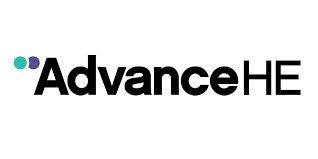Many will be familiar with the flowering of ideas during the age of enlightenment and subsequently that energised concepts of free speech. John Stuart Mill advocated extensively for it on grounds of human fallibility and the search for truth and in his essay On Liberty published in 1859 he articulated several propositions underpinning its importance including his harm principle: “the only purpose for which power can be rightfully exercised over any member of a civilised community, against his will, is to prevent harm to others”. Of course, what constitutes harm is itself disputed and seems to be at the heart of many current areas of contestation. In any event, these ideas also underpinned the rapid expansion of democratic life, including protection for minorities and those who face oppression. Arguably, at least in the abstract, most support these principles.
Many have written about the importance of free speech in higher education (HE) (including Sussex’s vice chancellor) and in his erudite speech at King’s College London on 9 October, Professor Arif Ahmed, the Office for Student’s (OfS) new Director for Freedom of Speech and Academic Freedom, noted that “Freedom of speech and academic freedom are fundamental to higher education. The core mission of universities and colleges is the pursuit of knowledge, and the principles of free speech and academic freedom are fundamental to this purpose.” He also articulated the value of freedom of speech for marginalized people. I entirely agree. However, the reality is more complicated.
There are a number of well publicised cases engaging issues of free speech, including in my own university two years ago concerning opposition to the gender critical views of one of our professors, Kathleen Stock. Very recently I read of Alka Sehgal Cuthbert, Director of Don’t Divide Us, who was uninvited from the Rethinking Education conference. Indeed, the awful events in Israel and Gaza have themselves given rise to voluminous commentary and debate about free speech, including in respect of the boundary with unlawful harassment and hate speech. More generally, concerns have been raised regarding purported indoctrination or expectations in relation to definitions of racism and of equality initiatives, which allegedly restrict free speech, either directly or by creating a “chilling” effect.

